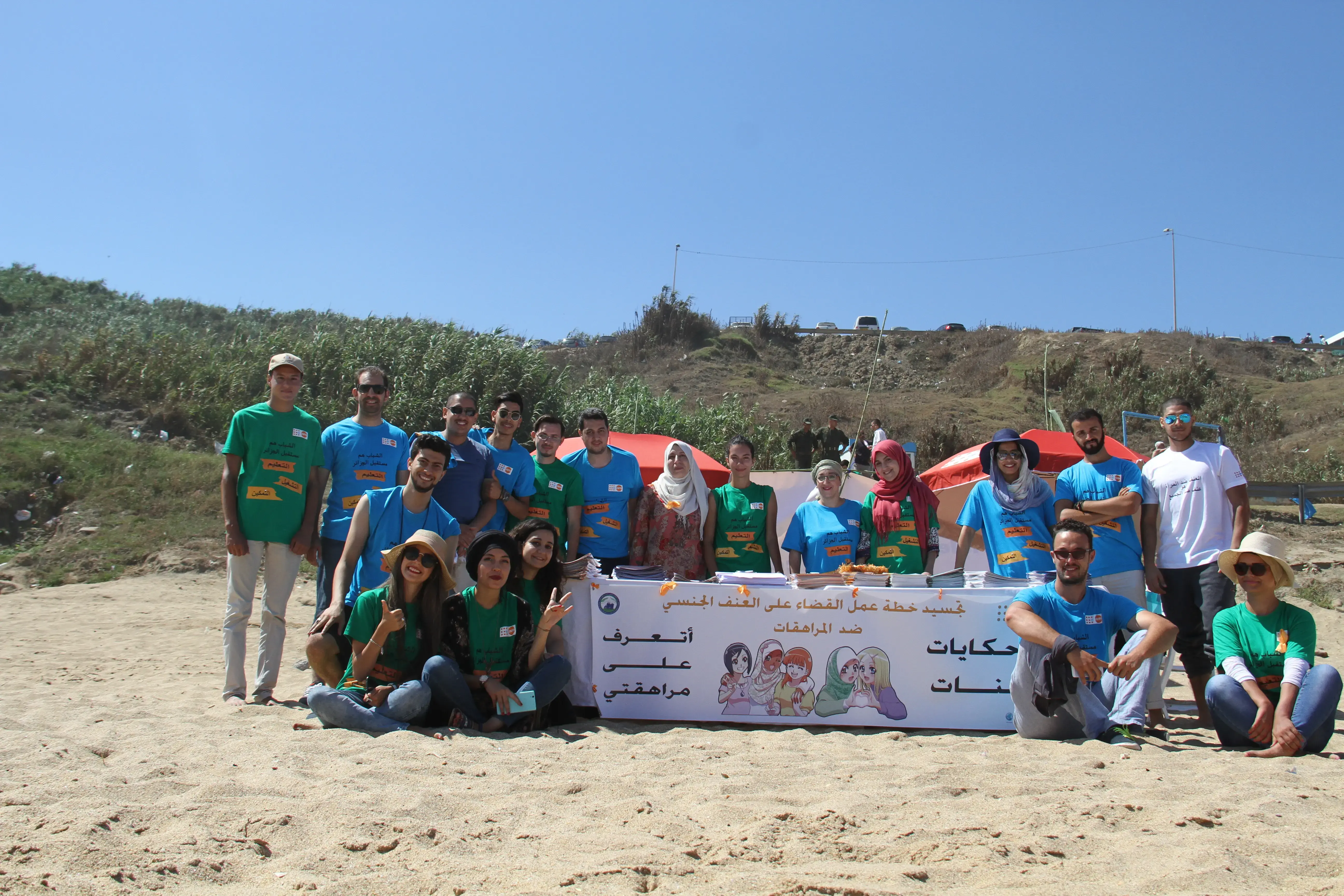Family planning: A Basic right and key for realizing the SDGs
Access to safe and voluntary family planning is a human right. Family planning is central to gender equality and women’s and girls empowerment, and it is a key factor for the demographic dividend and economic growth. UNFPA works to support family planning by facilitating a steady, reliable supply of quality contraceptives; strengthening national health systems in terms of commodities security; advocating for policies supportive of family planning; and gathering data to support this work.
Family planning saves lives
Women’s and adolescents’ right to know their bodies and have access to all services and information related to contraception and reproduction is grounded in basic human rights. The Programme of Action of the International Conference on Population and Development (ICPD) recognized “the right of men and women to be informed and to have access to safe, effective, affordable and acceptable methods of family planning of their choice.” This agreement lays the foundation for much of UNFPA’s work.
Family planning empowers women
Access to contraceptive information is central to achieving gender equality. When couples are empowered to plan whether and when to have children, women are better enabled to complete their education; women’s autonomy within their households is increased; and their earning power is improved. This strengthens their economic security and well-being and that of their families.
Family planning brings economic benefits
Family planning helps realize a ‘demographic dividend’, a boost in economic productivity that occurs when there are growing numbers of people in the workforce and falling numbers of dependents.
Sexual and reproductive health rights: basic to protect and empower youth
Every young person will one day have life-changing decisions to make about their sexual and reproductive health. Yet majority of adolescents lack the knowledge and access required to make those decisions responsibly, leaving them vulnerable to coercion and risky behavior ( sexually transmitted infections, unintended pregnancy, and gender based violence).
Access to SRHR enables young people to make informed decisions about their sexuality and health. These programmes build life skills and increase responsible behaviours, and because they are based on human rights principles, they help advance human rights, gender equality and the empowerment of young people.
UNFPA works closely with the Algerian Government to promote comprehensive sexuality education through community-based outreach that strengthen parental implication and community/religious leaders .
Comprehensive sexuality education does not lead to earlier sexual activity or unsafe sexual behavior, but rather these programmes empower youth to not take any risks. UNFPA considers seriously the contains of the CSE and how it is taught.


